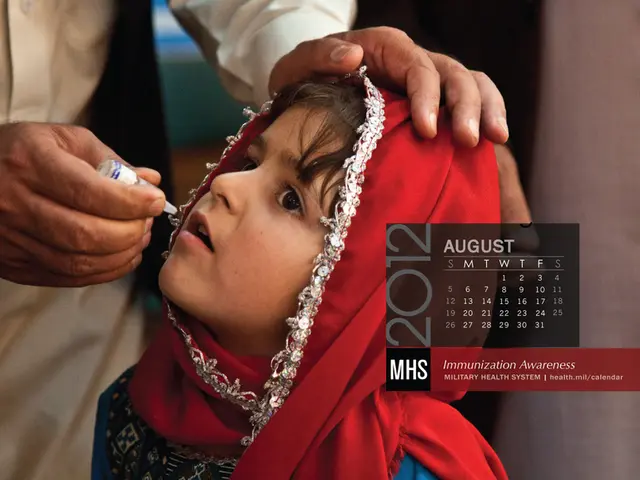Lawmakers to Discuss Shared Custody Arrangements Post-Divorce
A new bill proposing to supplement the Family Code with a new article regulating joint parenting after divorce has been introduced in Russia. The bill aims to establish a legal framework for shared parenting responsibilities, ensuring both parents continue to be involved in a child's upbringing even after the parents separate.
The bill emphasizes the importance of continuing parental involvement post-divorce, likely seeking to reduce conflicts and legal disputes over custody. It is designed to formalize joint parenting arrangements, promoting cooperation between divorced parents to support the child's welfare.
Key Provisions
The bill allows Russians to determine the conditions for joint parenting in court. However, it does not detail how the court will handle disputes regarding the child's education, healthcare, or living conditions. Joint parenting may not be possible due to a child's chronic illness, one parent's work schedule, a large distance between the parents' places of residence, or a decision by the guardianship authorities that the child's living conditions may deteriorate after joint custody is established.
The bill also states that joint parenting cannot be ordered if one parent does not have a place of residence, lives abroad, has their rights restricted, or petitions against it. It does not mention any specific provisions for non-custodial parents' financial responsibilities.
Enforcement and Appeal
The bill does not specify if the court's decision on joint parenting can be appealed in the cases mentioned above. Additionally, it does not detail the process for modifying the joint parenting arrangement in the future.
The bill was published in the electronic database of the State Duma, marking a significant development in Russian family law. The legislation aims to update and clarify co-parenting roles legally for the benefit of children in divorcing families.
Implications
The introduction of this bill reflects a shift towards promoting joint parenting arrangements in Russia. By establishing a legal framework for shared parenting responsibilities, the bill seeks to reduce conflicts and legal disputes over custody, ultimately benefiting the child's welfare. However, the lack of detailed provisions leaves many questions unanswered, and it remains to be seen how the bill will be implemented and enforced.
The bill extends beyond family law, potentially influencing discussions on news platforms regarding child health-and-wellness and familial relationships. The implications of this bill might be further explored in science and health-and-wellness publications, particularly men's health and women's health, as joint parenting could affect child welfare in various ways. This legislation could also spur parenting discussions, shedding light on effective coping strategies and shared responsibilities, as seen in some contemporary family-oriented publications.




